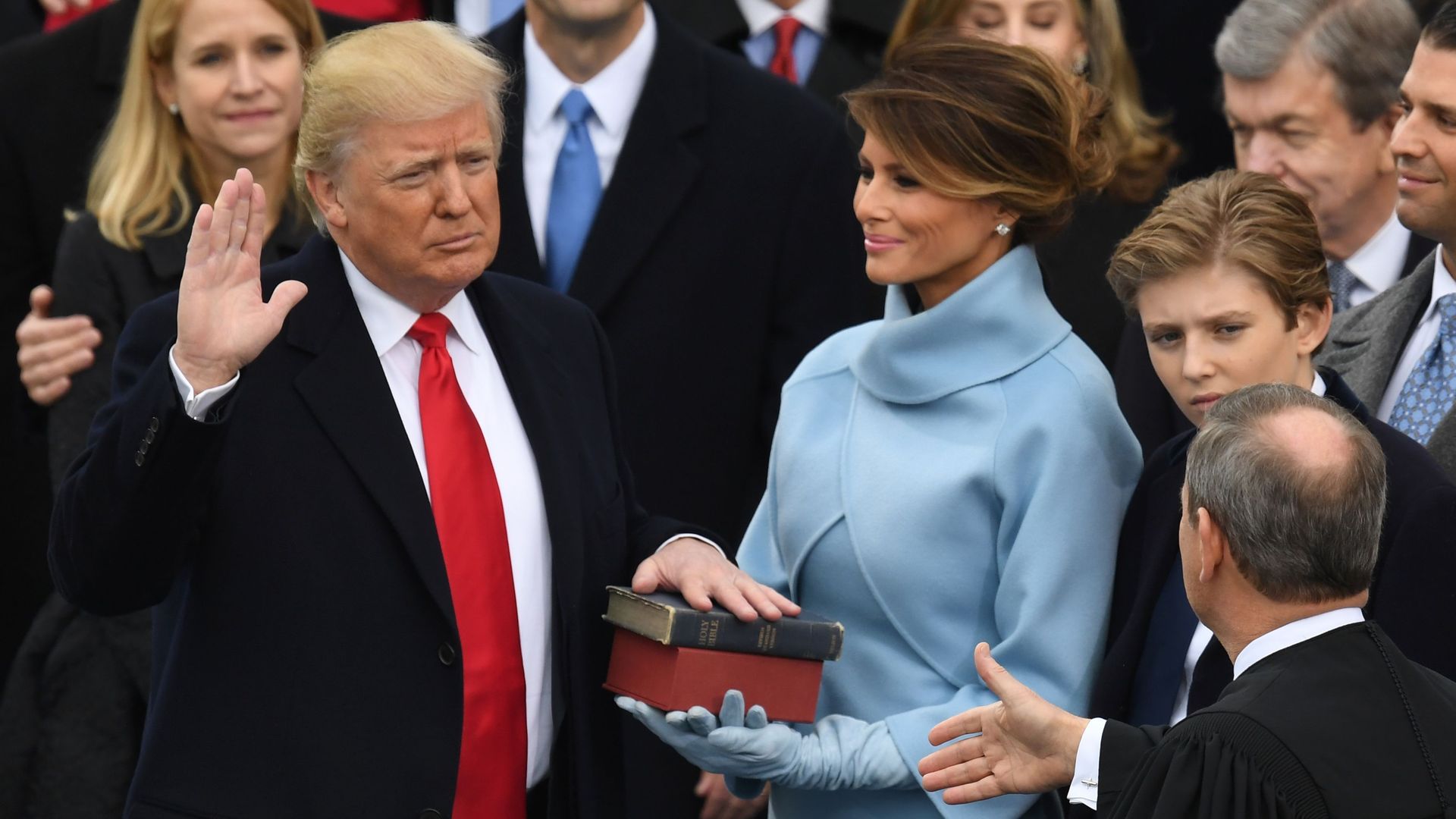Trump's Return: Impact on Global Financial Markets
As Trump regains the presidency, financial markets in China and across Asia are experiencing notable turbulence, reflecting heightened worries about future trade tensions and economic policies.
Published November 07, 2024 - 00:11am

Image recovered from devdiscourse.com
The financial markets are witnessing significant upheaval as Donald Trump is reported to regain the presidency, which has resounding implications for global trade and economic stability. China's yuan, along with stock markets, have recorded substantive declines amid concerns over escalating trade conflicts and potential tariff impositions.
On Wednesday, the Hong Kong stock market witnessed palpable reverberations with major indices like the Hang Seng falling sharply. The stocks of prominent Chinese tech giants, such as JD.com and Alibaba, plummeted, reflecting market anxiety over the revived specter of a US-China trade war. Market analysts, including those from UBS, have highlighted the potential economic impact of increased tariffs on Chinese imports, a central tenet of Trump's trade policy.
This market unease isn't confined to equities. The offshore yuan has hit its lowest point since mid-August, influenced by a strengthened dollar and anticipations of further strains in US-China relations under a Trump administration. The Chinese government has reportedly intervened in currency markets to counter the yuan's depreciation, a testament to the acute economic distress these developments have fostered.
Across Asia, financial assets have not been spared from this economic turbulence. While the Japanese yen has experienced a sharp decline, indicative of investor uncertainty, broader Asian currencies have followed suit, with traders bracing for an era marked by amplified trade protectionism from the US. This financial environment is further complicated by anticipated fiscal policies in the US, which are expected to maintain high-interest rates, thereby sustaining the dollar's vigor in the foreseeable future.
One of the core concerns surrounding Trump's presidency is the potential resurrection of severe economic policies, especially tariffs that could reach as high as 60% on Chinese goods. Eastspring Investments' Rong Ren Goh has remarked that such a move could be among the most consequential economic measures, with significant ramifications for not only China but global markets at large.
The ripple effects of these prospective policy shifts are also apparent in international financial dynamics. US Treasury yields, for instance, have surged, reflecting investor speculation on inflationary pressures and future economic strategy. Meanwhile, China's response at this critical juncture includes potential fiscal stimuli aimed at cushioning the domestic economy against volatile external shocks.
Even as investors look forward to the possibilities of increased fiscal spending by the Chinese government, such as through potential bond issuances to mitigate local government debt, concerns remain high. What appears to be at stake is the delicate balance of global trade relations and economic health, elements that are intrinsically linked in a world increasingly defined by geopolitical volatility.
As Trump's administration sets the stage for another term, global markets remain on edge, awaiting clearer signals on the policy direction that will shape future economic contours. Analysts continue to monitor developments closely, as any shift in the US's economic engagement will inevitably have cascading effects across the globe.
)


/nginx/o/2024/09/12/16352136t1h2e43.png)



)